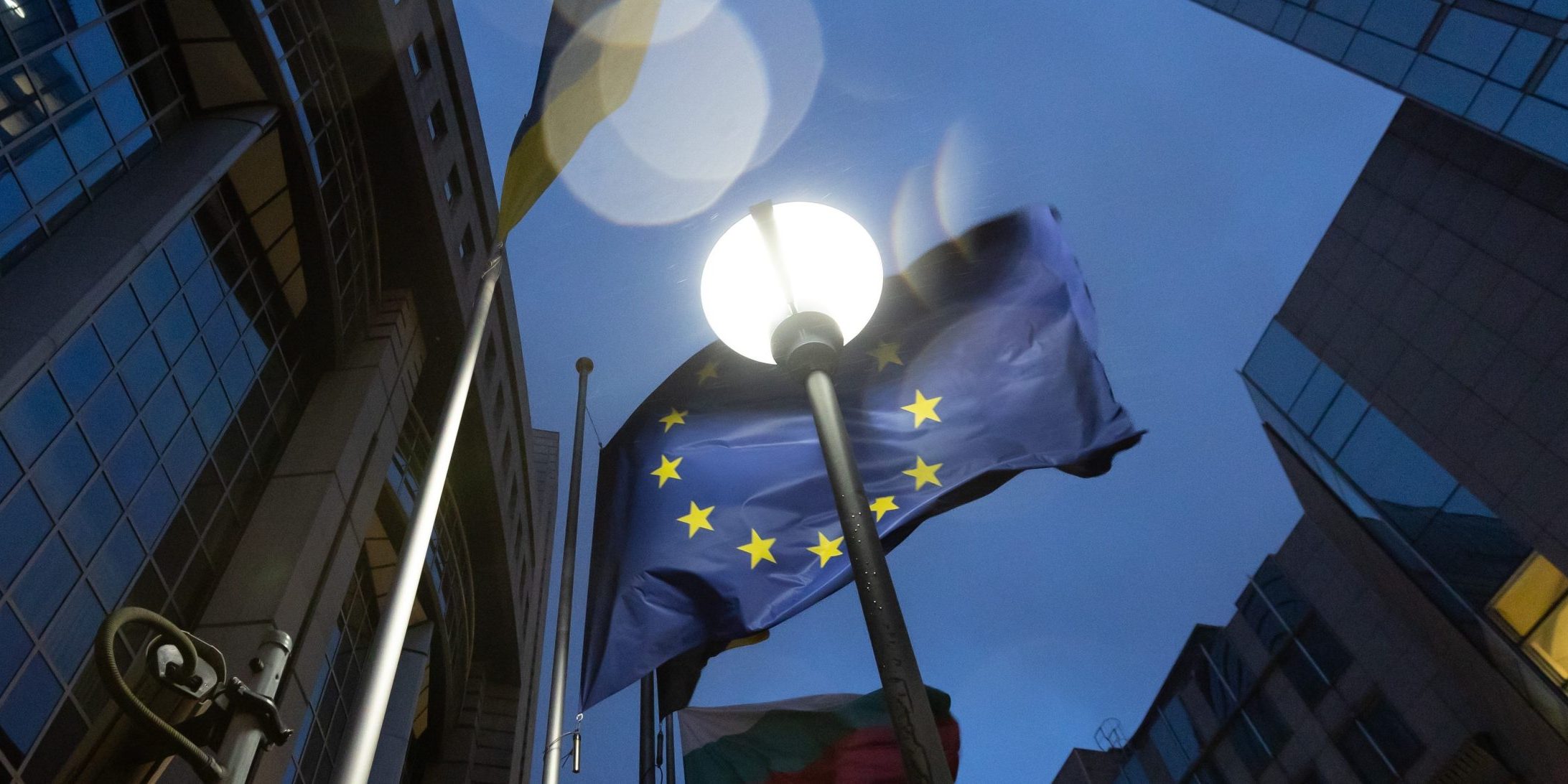
The five in-focus for Commissioners
Responses indicate what comes next.

Ahead of the long-awaited Commissioner designate hearings, the Parliament’s committees have written to each candidate, with the written responses made available this week.
For workers, a number of priorities already flagged to the group have been addressed, though some responses will call for scrutiny during the public hearings.
Beginning with the proposed Commissioner for People, Skills and Preparedness, Roxana Mînzatu, who immediately sought to alleviate fears regarding the lack of “social” or “employment” being contained within her title, outlining a commitment to the European social pillar and it’s targets, and stating “I understand why some might have preferred a different formulation for my title. For my part, I am excited about a portfolio that puts “people” front and centre”. Additionally, the Commissioner designate committed to “proposing, early 2025, a new Pact for European Social Dialogue, working together with European trade unions and employers”, which is sure to keep Eurocadres busy.
This is unfortunately the only mention of trade unions in the written response, yet our push for action on workplace mental health is referenced under the guise of the EU’s Strategic Framework on Health and Safety 2021 – 2027, with psychosocial risks noted twice. However, no commitment to specific action is made.
With both the green and digital transition needing to be delivered before our 2030 targets, skills will be a crucial element. Eurocadres have long requested further action in this area, and highlight the need for a right to training as part of workers’ working life, and at no additional cost. Commissioner designate Mînzatu emphasised the need for more work, committing to preparing “an ambitious Skills Portability Initiative to ensure that skills travel and are recognised with mobility in the labour market”, along with promises to deliver on the 2030 target on skills, and exploring “ways to further strengthen the Individual Learning Accounts (ILAs)”.
Workers’ rights in the digital age is a common theme, with our calls for a specific directive on the use of AI in the workplace taken into consideration, with the Commission pledging to “continue collecting evidence for a new initiative on algorithmic management, incorporating the ‘human in control’ principle in the world of work”. Given the clear blind spots of the AI Act, this is a welcome development.
Asked specifically by the employment committee “Will you deliver an initiative on anticipation and management of change in the world of work, in the context of the Just Transition?”, Teresa Ribera Rodríguez - the proposed Executive Vice-President for Clean, Just and Competitive Transition, failed to confirm, focusing instead on ensuring that climate, economic and social objectives go hand-in-hand. While many potentially helpful initiatives have been proposed, specific legislation that allows workers to manage the certain changes to their working practices is clearly needed to deliver our twin transitions.
Unfortunately there is no mention of non-competition clauses within the written responses, despite positive soundings from DGs on potential action in this area. Eurocadres will continue to push for this crucial issue for professionals and managers to be addressed sufficiently throughout the coming mandate.
Across psychosocial risks, skills and action on algorithmic management, we have some positive initial comments from the proposed candidates. However, anticipation and management of change and non-competes are sadly lacking.
Thankfully, this is only the beginning of our opportunities to hold Commissioners to account, with Eurocadres actively engaged with MEPs on the upcoming public hearings.
Our priorities are clear and reasoned, and will be put to candidates next week, month or year if needed.
Work for European unions will continue to ramp up in the coming weeks.
